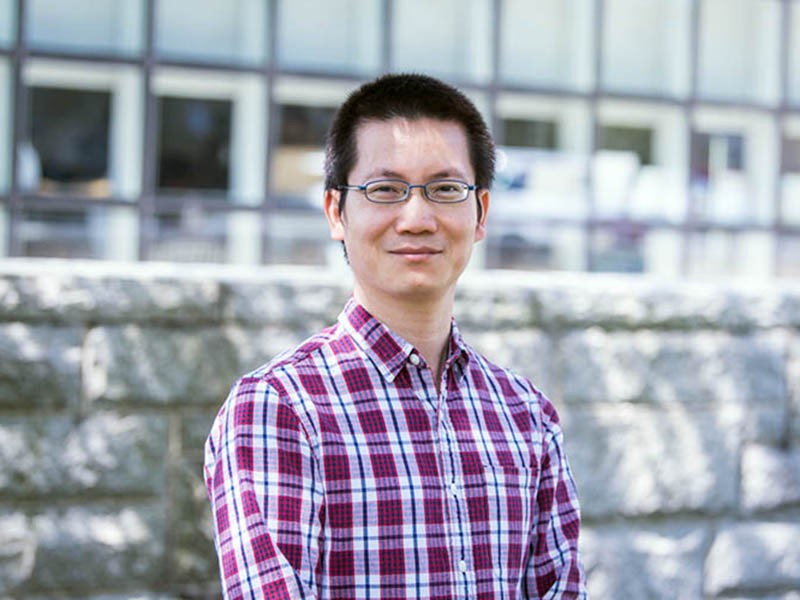While COVID-19 vaccines have made tremendous strides in beating back the virus that brought life as we know it to a standstill, emerging variants and our immune system’s response could mean that the vaccines will not continue to offer the necessary protection. As we await new vaccines, anti-virus agents will be needed to save patients’ lives from future coronavirus. The lack of effective anti-coronavirus drugs to date is one of the major reasons for the 3.8 million COVID-19 related deaths (as of June 14, 2021).
Preliminary study indicates that SARS-CoV-2, like other coronaviruses, has 16 non-structural proteins that are highly conserved in known coronaviruses species (e.g., SARS-CoV and MERS-CoV). According to Chemical and Biological Engineering Associate Professor Dr. Zuyi “Jacky” Huang, “If effective inhibitors can be identified against the protein targets that may be highly conserved in future coronaviruses, these inhibitors may provide a quick solution to cure people infected with the new viruses.” In his Biological & Environmental Systems Engineering Laboratory at Villanova University, Dr. Huang and his team developed a computational platform that has accelerated the discovery of chemical compound inhibitors against 3CLPro, a protease that is essential for the replication of COVID-19. Two chemical compounds have been identified and validated by experiment for their inhibition on 3CLPro. The result has been awarded a provisional patent and published as “An Integrated Computational and Experimental Approach to Identifying Inhibitors for SARS-CoV-2 3CL Protease” in Frontiers in Molecular Biosciences’ May 17, 2021.
Dr. Huang is seeking clinical collaborators to further test his compounds as a potential treatment option for future coronaviruses.

